The press will either save American democracy…or doom it
Last year around this time, I wrote an article for Media Matters calling on journalists to defend democracy against the coming tide of attacks from the right. While then-President Donald Trump was busy stomping around the Oval Office yelling about the 2020 election being “stolen” from him, my concerns centered more on what the rest of the Republican Party was doing.
Texas Attorney General Ken Paxton filed a baseless, frivolous lawsuit in which he called on the Supreme Court to invalidate the election results in Pennsylvania, Wisconsin, Michigan, and Georgia. More than 60% of the Republican members of the House of Representatives, including House Minority Leader Kevin McCarthy, signed onto it. A month earlier, well after the election had been called for President-elect Joe Biden, then-Secretary of State Mike Pompeo held a press conference in which he said that “there will be a smooth transition to a second Trump administration.” While this was obviously a frightening thing to say, many news outlets reacted to Pompeo’s words with a shrug. This, of course, preceded the January 6, 2021 assault on the U.S. Capitol, aimed at preventing Biden’s victory from being certified, which was itself followed by 147 Republicans voting to overturn the election results.
With few exceptions, journalists seemed to treat this all as totally normal. Turn on Meet the Press or CBS Sunday Morning some weekend and you’re likely to see someone who voted against the certification of the presidential election sitting for a friendly interview or a field report with Trump supporters filmed in the town that inspired The Andy Griffith Show’s Mayberry. Click over to Politico and you’ll find articles with headlines reading “‘They’re all begging me’: Trump’s 2024 veep tryouts get underway” or “Trump poll tests his 2024 comeback map.” It’s treated as a given that not only can he run, but that if he does, he might just win…some way or another.
Trump himself isn’t the threat, as his ability to return to power will hinge entirely on the actions of congressional Republicans and election officials around the country. If the Republican Party was willing and able to take a stand in favor of our democracy, they would — but they aren’t. They’re all in on it. Even the rare Republicans who “stand up” to the more anti-democratic segment of the party (Reps. Liz Cheney and Adam Kinzinger, Georgia Sec. of State Brad Raffensperger) still either won’t help fight the attacks on democracy (Cheney and Kinzinger both voted against election reform bills proposed by Democrats) or will quietly continue the attacks themselves (Raffensperger supported the passage of Georgia’s new voting-restriction law earlier this year).
When I was asked for my 2021 predictions, I wrote that the press would risk elevating a Shadow President Trump, treating him as a leader in temporary exile — and I was right. With that in mind, I take no pleasure in offering my next prediction: 2022 will be the year that journalists either change everything about how they cover politics…or it will be the year they enable a party dead set on obliterating whatever guardrails are left between the representative democracy that the U.S. is supposed to be and the minority-rule competitive authoritarian government they have been trying to build for decades.
I want to believe that journalists and their employers will heed the alarms being sounded by experts around the world and break from the “both sides” narratives that have emboldened the increasingly radicalized Republican Party. I want to believe that they will stop viewing anger from both the left and the right as a sign that they must be doing their jobs right. I want to believe that they will take necessary care to ensure that the public understands what it means for democracy if Republicans retake power at a national level in 2022 or 2024. I want to believe all of this, but I can’t.
Some might argue that this is an issue of Democrats simply not being good enough when it comes to messaging their support for election reform. And some might argue that the “both sides” narrative is fair because, for instance, a handful of Democrats voted against certifying the 2000, 2004, and 2016 elections. But it’s precisely that sort of false equivalence that I’m referring to, that sort of false equivalence that has poisoned our democracy, as in those cases the Democratic presidential candidates had all conceded their races with the votes against certification serving as nothing more than statements of protest. Democracy is bigger than Democrats and Republicans, and it’s incumbent upon journalists to defend it with all they have. I don’t believe they’re up to the task, but I’d love to be proven wrong.
I worry that 2022 will be the year we cross the democratic Rubicon, and that journalists will have played a role in committing us to a very dark future.
Parker Molloy writes The Present Age.

Last year around this time, I wrote an article for Media Matters calling on journalists to defend democracy against the coming tide of attacks from the right. While then-President Donald Trump was busy stomping around the Oval Office yelling about the 2020 election being “stolen” from him, my concerns centered more on what the rest of the Republican Party was doing.
Texas Attorney General Ken Paxton filed a baseless, frivolous lawsuit in which he called on the Supreme Court to invalidate the election results in Pennsylvania, Wisconsin, Michigan, and Georgia. More than 60% of the Republican members of the House of Representatives, including House Minority Leader Kevin McCarthy, signed onto it. A month earlier, well after the election had been called for President-elect Joe Biden, then-Secretary of State Mike Pompeo held a press conference in which he said that “there will be a smooth transition to a second Trump administration.” While this was obviously a frightening thing to say, many news outlets reacted to Pompeo’s words with a shrug. This, of course, preceded the January 6, 2021 assault on the U.S. Capitol, aimed at preventing Biden’s victory from being certified, which was itself followed by 147 Republicans voting to overturn the election results.
With few exceptions, journalists seemed to treat this all as totally normal. Turn on Meet the Press or CBS Sunday Morning some weekend and you’re likely to see someone who voted against the certification of the presidential election sitting for a friendly interview or a field report with Trump supporters filmed in the town that inspired The Andy Griffith Show’s Mayberry. Click over to Politico and you’ll find articles with headlines reading “‘They’re all begging me’: Trump’s 2024 veep tryouts get underway” or “Trump poll tests his 2024 comeback map.” It’s treated as a given that not only can he run, but that if he does, he might just win…some way or another.
Trump himself isn’t the threat, as his ability to return to power will hinge entirely on the actions of congressional Republicans and election officials around the country. If the Republican Party was willing and able to take a stand in favor of our democracy, they would — but they aren’t. They’re all in on it. Even the rare Republicans who “stand up” to the more anti-democratic segment of the party (Reps. Liz Cheney and Adam Kinzinger, Georgia Sec. of State Brad Raffensperger) still either won’t help fight the attacks on democracy (Cheney and Kinzinger both voted against election reform bills proposed by Democrats) or will quietly continue the attacks themselves (Raffensperger supported the passage of Georgia’s new voting-restriction law earlier this year).
When I was asked for my 2021 predictions, I wrote that the press would risk elevating a Shadow President Trump, treating him as a leader in temporary exile — and I was right. With that in mind, I take no pleasure in offering my next prediction: 2022 will be the year that journalists either change everything about how they cover politics…or it will be the year they enable a party dead set on obliterating whatever guardrails are left between the representative democracy that the U.S. is supposed to be and the minority-rule competitive authoritarian government they have been trying to build for decades.
I want to believe that journalists and their employers will heed the alarms being sounded by experts around the world and break from the “both sides” narratives that have emboldened the increasingly radicalized Republican Party. I want to believe that they will stop viewing anger from both the left and the right as a sign that they must be doing their jobs right. I want to believe that they will take necessary care to ensure that the public understands what it means for democracy if Republicans retake power at a national level in 2022 or 2024. I want to believe all of this, but I can’t.
Some might argue that this is an issue of Democrats simply not being good enough when it comes to messaging their support for election reform. And some might argue that the “both sides” narrative is fair because, for instance, a handful of Democrats voted against certifying the 2000, 2004, and 2016 elections. But it’s precisely that sort of false equivalence that I’m referring to, that sort of false equivalence that has poisoned our democracy, as in those cases the Democratic presidential candidates had all conceded their races with the votes against certification serving as nothing more than statements of protest. Democracy is bigger than Democrats and Republicans, and it’s incumbent upon journalists to defend it with all they have. I don’t believe they’re up to the task, but I’d love to be proven wrong.
I worry that 2022 will be the year we cross the democratic Rubicon, and that journalists will have played a role in committing us to a very dark future.
Parker Molloy writes The Present Age.
Jessica Clark

Kendra Pierre-Louis

Jennifer Brandel

Christina Shih

Joshua P. Darr

Mary Walter-Brown

AX Mina

David Cohn

Matthew Pressman

Joe Amditis

Melody Kramer

Catalina Albeanu

Alice Antheaume

Ariel Zirulnick

Jesse Holcomb

Tom Trewinnard

Jennifer Coogan

Anita Varma

Mike Rispoli

Cindy Royal

Cristina Tardáguila

Izabella Kaminska

Doris Truong

Ståle Grut

Joni Deutsch

A.J. Bauer

Sarah Marshall

Nikki Usher

Julia Munslow

Moreno Cruz Osório

Zizi Papacharissi

Joy Mayer

Chase Davis

Gabe Schneider

Juleyka Lantigua

Joanne McNeil

Jim Friedlich

Daniel Eilemberg

Mario García
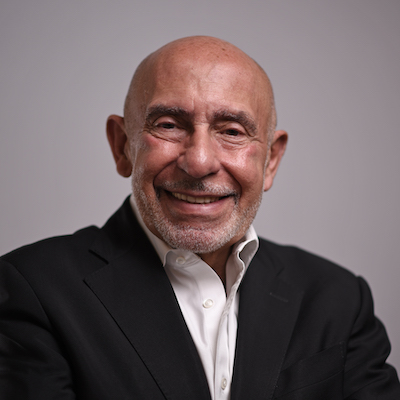
Robert Hernandez

Cherian George
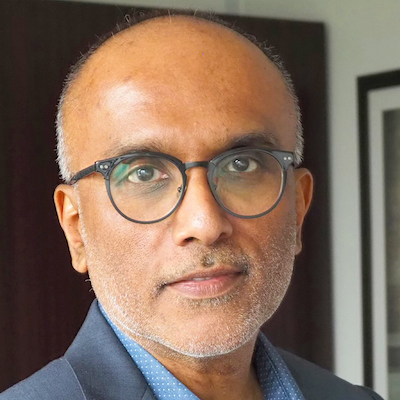
Rachel Glickhouse

Laxmi Parthasarathy

John Davidow

Simon Allison

Rasmus Kleis Nielsen

Mandy Jenkins

Eric Nuzum

Kerri Hoffman

Tamar Charney

Paul Cheung

Michael W. Wagner

Julia Angwin

Gordon Crovitz

Don Day

Kristen Jeffers

Anika Anand

S. Mitra Kalita

Burt Herman

Simon Galperin

Victor Pickard

Jesenia De Moya Correa
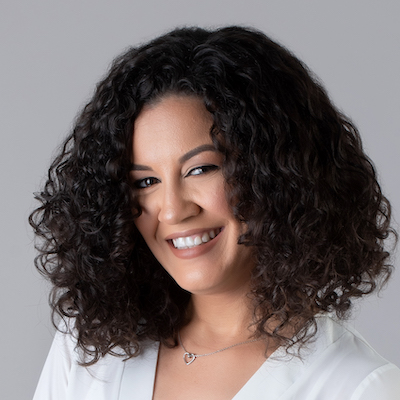
Candace Amos
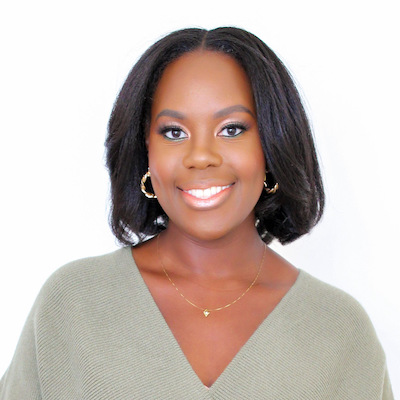
Jonas Kaiser

Kathleen Searles Rebekah Trumble

Natalia Viana

Larry Ryckman

Raney Aronson-Rath

Shannon McGregor Carolyn Schmitt

j. Siguru Wahutu
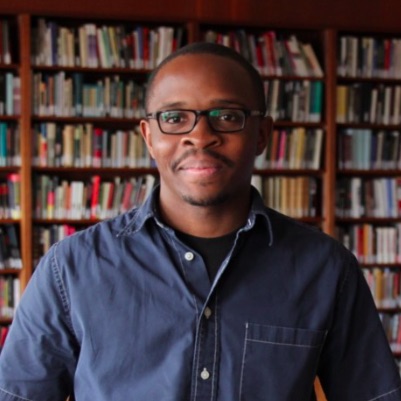
Matt Karolian

Wilson Liévano
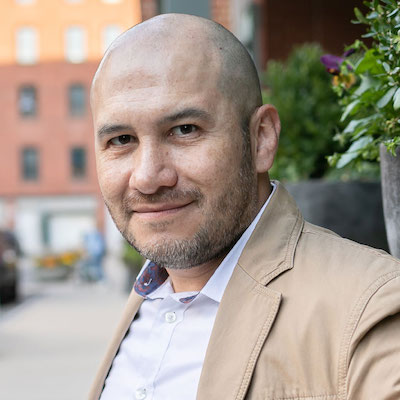
Jody Brannon

James Green

Francesco Zaffarano

Stefanie Murray

Gonzalo del Peon

Christoph Mergerson
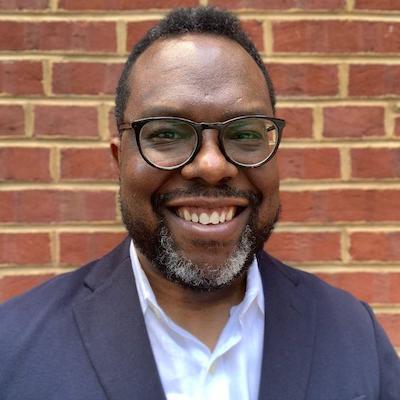
Brian Moritz

Tony Baranowski

Anthony Nadler

Sam Guzik

Parker Molloy

Stephen Fowler

Millie Tran

Amy Schmitz Weiss

Whitney Phillips

Matt DeRienzo

Sarah Stonbely

Errin Haines

Meena Thiruvengadam

Amara Aguilar

Megan McCarthy

Richard Tofel

David Skok

Janelle Salanga

Chicas Poderosas

Shalabh Upadhyay

Andrew Freedman

Kristen Muller
